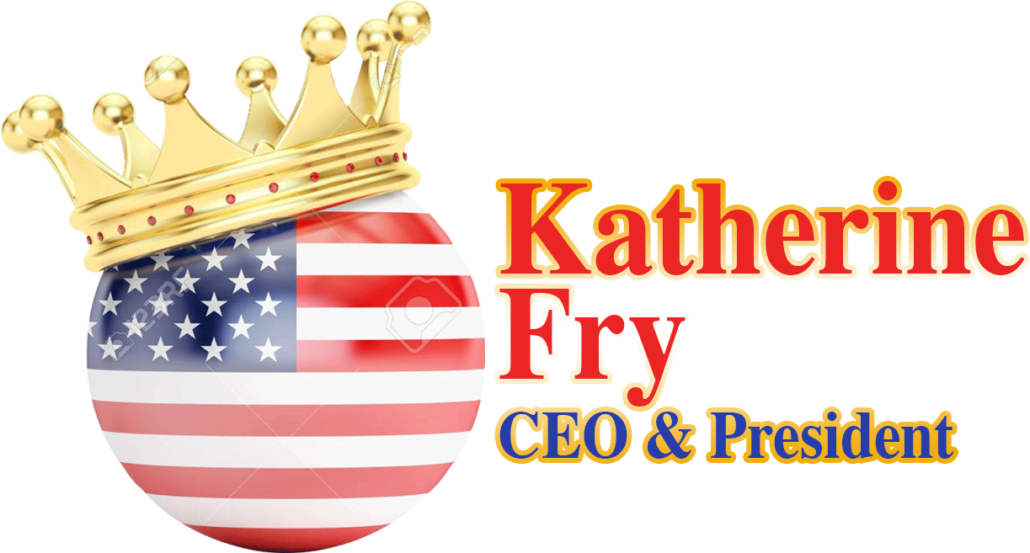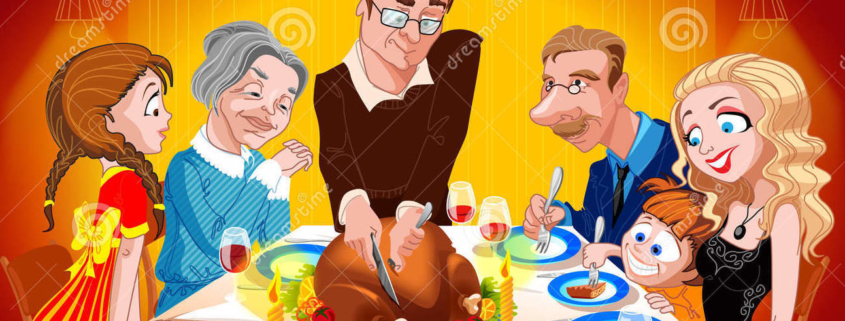What is Family?
What is Family?
Across the United States this week, families convened for dinner in celebration of Thanksgiving. Individuals who had not seen each other for days, months, and sometimes years, sat together and ate turkey, in commemoration of the meal celebrated between the Indians and Pilgrims. As this holiday comes to a close, it then begs the question-what defines a contemporary family in the year 2018?
Many families define their relationships to one another through shared genetics and connections created by marriage. Genetic connections can create shared physical attributes, similar interests, and related professions. Additionally, hobbies may be shared, in addition to preferred foods, colors, and other similar tastes. When families are together, it is often refreshing to be surrounded by individuals who are similar to us, reinforcing our beliefs, tastes, and preferences. Yet, does this define family, or is there, more to it?
Other families define family, not through shared genetics, but by shared interests alone. One example consists of meetup groups sharing Thanksgiving together, with shared interests such as canoeing, art, music, and beer. But do shared interests alone create a family, or does there need to be more? Do these individuals qualify as family for the simple reason that they share time, joy, and holidays together, or is more required?
Individuals with shared beliefs also sometimes consider themselves family. These individuals even go so far as to refer to one another as members of a larger “church family.” Some of these churches host holiday get-togethers, either within the church or within the homes of parishioners.’ Such familial church groups have a shared faith, often coupled with shared politics, and shared customs. Because of these broad familiarities, it is not surprising that church parishioners often marry one another, extending the church family into a genetic one.
With all of the positive attributes of family, there are also families that do not enjoy each other’s company. Holidays for these individuals often occur because of family obligation created by marriage or genetics. Thanksgivings for families such as these are sometimes unpleasant, argumentative, and even fiery. It is for reasons such as these, that some people do not care for holidays, and only begrudgingly show-up for the obligatory Turkey dinner. If the individuals at hand truly do not care for one another, do they still qualify as a family? Is genetics alone enough, or is more required?
Genetics, common interests and shared faith all encompass elements that comprise a family. Some families like one another, and/or have shared interests while others do not. However, one can argue that it is none of these things alone that create a family. Some assert that, instead, it is the holidays themselves that inspire the idea of family, bringing individuals together for a meal, who otherwise might not have anything to do with one another. One can argue that holidays such as Thanksgiving make us examine what, to us, represents family-and this is ultimately a personal decision, arguably inspired by national holidays.
In conclusion, family can be defined by different standards, including, genetics, marriage, interests, and faith. However, in the end, one can state that it is none of these things that actually create a family, but instead, the holidays themselves that inspire the idea of family. By doing so, individuals come together, who otherwise might not, to take part in something larger than themselves-a national holiday. And isn’t believing in something bigger than ourselves an essential part of our own humanity?




Leave a Reply
Want to join the discussion?Feel free to contribute!